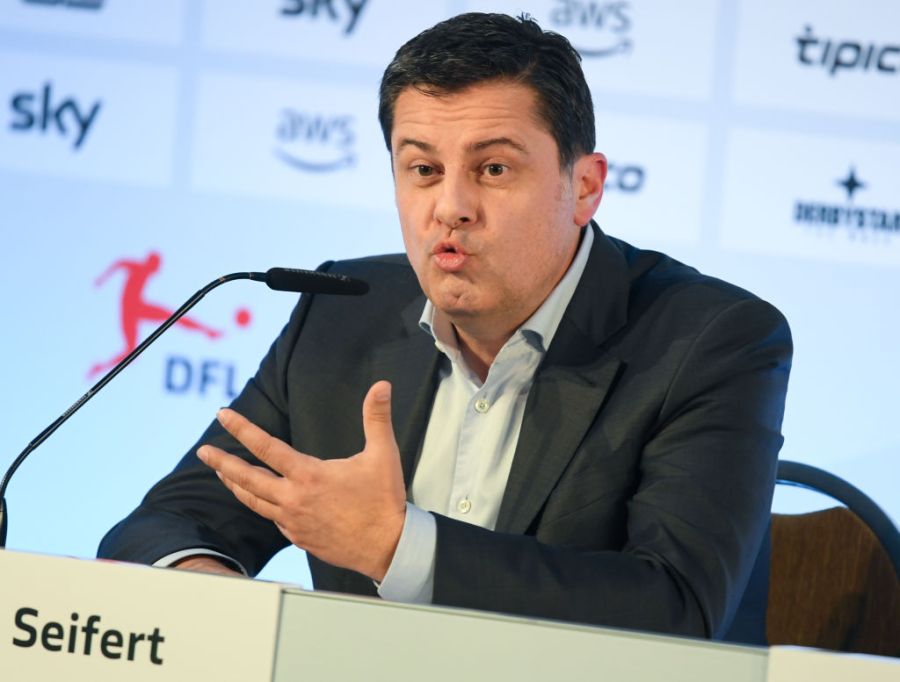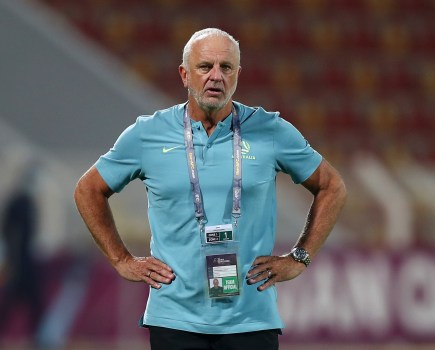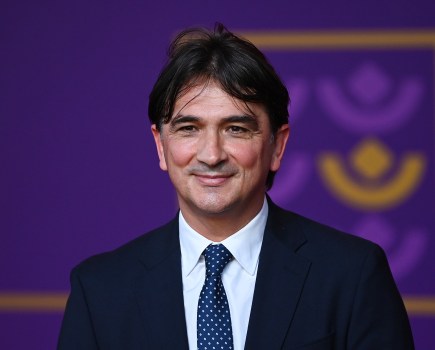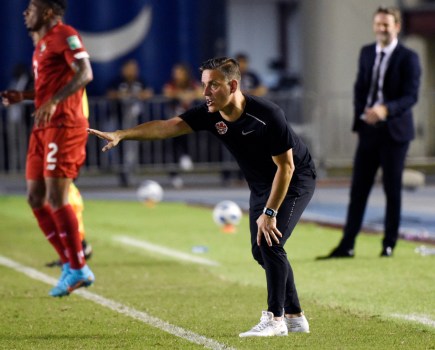Instrumental in leading the game out of the COVID-19 pandemic
If there was a transfer system for football bosses then Seifert would probably be top of most people’s wanted list. Yet he would pass almost unnoticed in a crowd of fans. That is fine. It’s the way he likes it.
Not for Seifert the politicking and posturing of so many administrative contemporaries. The 51-year-old CEO of the German Bundesliga prefers to focus on the job in hand which, this year more than ever, has been all-consuming.
Seifert, more than any other individual, deserves the credit for putting European football back on its feet after the potential knockout blow of the COVID-19 pandemic. His calm and efficient leadership saw Germany take the lead in demonstrating that club competition could be made to work, whatever the challenges.
England, Italy and Spain followed Germany’s lead and thus created the space so that UEFA could wrap up the closing stages of its club competitions. No surprise that Germany provided the four venues for the completion of the Europa League (Cologne, Duisburg, Dusseldorf and Gelsenkirchen).
Divining a path forward involved Seifert in detailed negotiations with national and local government, and relevant regional health authorities, while controlling the levels of panic and pessimism erupting among the clubs, particularly at regional league and grassroots levels.
Fortunately, for not only the German but the European game, Seifert knows the job inside out some 15 years after entering the football labyrinth following a high-powered business apprenticeship with MGM Media, MTV and KarstadtQuelle New Media. That background taught him a perspective that has served him well.
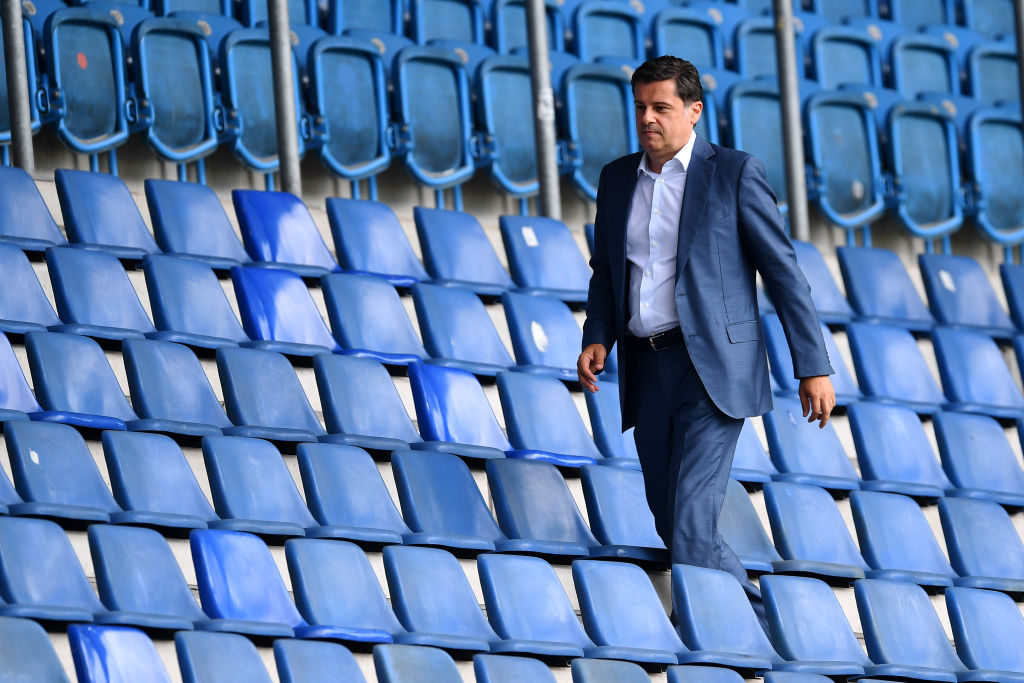
This has been by far his most difficult spell as chairman of the Bundesliga’s management board. Indeed, he cited the pressure of work for his recent decisions to retire from a role on the presidential committee of the German DFB, and to walk away from the Bundesliga at the end of his contract in 2022.
Doubtless he will not be harmed either by establishing a certain distance from a DFB whose reputation for probity and efficiency has crumbled over recent years amid the contentious presidential reigns of Theo Zwanziger, Wolfgang Niersbach and Reinhard Grindel.
The finest achievement for this Monchengladbach supporter is keeping his clubs happy with a relentless drive to promote the sporting, financial and commercial profile of the Bundesliga worldwide. This is a perpetual challenge as the Bundesliga plays ratings catch-up behind the English Premier League and Spain’s La Liga. Seifert admires the Premier League but without any hint of envy. He understands that the social and commercial contexts are very different. German clubs enjoy greater engagement with their fans and fussball does not contest the mass-media stage with other sports such as rugby or cricket.
The coronavirus crisis offered Seifert time to reflect on football’s structures and where the “new normal” might usefully take the game. In an interview with the Frankfurter Allgemeine Zeitung, he noted how the pandemic had raised concerns about “the intersection between sport and business.” This narrowed down to “deep-seated reservations” among the general public to exorbitant wages, transfer fees and agents’ bonuses.
First, of course, Seifert must continue to lead the Bundesliga on and out beyond the pandemic. Then comes the hard part: finding his replacement.
Article by Keir Radnedge
This article first appeared in the Winter Edition of World Soccer. You can purchase old issues of the magazine by clicking here.

